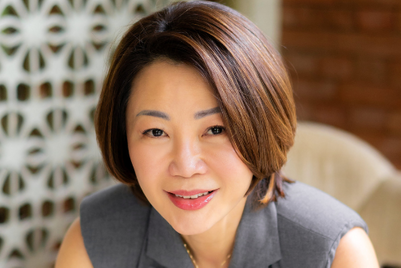
Launching creative marketing campaigns to celebrate the upcoming Chinese Lunar New Year has proven to be a minefield for luxury brands.
While Chinese consumers are still occupied with criticizing Burberry’s weird Chinese New Year tribute, another brand, Bulgari, got caught in a different controversy last week after linking Jewish culture with pigs to welcome China’s 2019 Lunar New Year. On February 5, it will become the Year of Pig, according to Chinese astrology. In Mandarin, the word “pig” is pronounced as “zhu (猪),” which is similar to the pronunciation of Jew in English.
Last Friday, the LVMH-owned Italian luxury jewelry brand unveiled its Chinese New Year campaign on its WeChat channel, with a headline that can be literally translated as “Be my bright JEW in the palm (做我的掌上明JEW).” Bulgari meant to make a pun by mixing the Chinese character “猪” with the English word JEW to introduce its special jewelry & watches edition. The WeChat post has since been deleted.
The pun is offensive within the Jewish culture, as kosher dietary laws forbid the consumption of pig products and the likening of anyone to swine is also in questionable taste—although pigs are considered quite cute within China and it would not be considered an insult. It is, however, unknown whether the campaign was launched on purpose or just another case of unintentional cultural insensitivity. Jing Daily has reached out to Bulgari for comment and will update the story once we hear back from the brand.
Wordplay is a common creative strategy used by luxury brands in China in their digital marketing initiatives. For example, the WeChat post from Valentino a week ago mixed “行走” with “型走,” in which the former one means “walk” and the latter means “walk in style,” but both pronounce the same in Mandarin. Tiffany, when promoting its fragrance product, wrote “香遇”—meaning encounter with good smell instead of “相遇”—meaning encounter.
The now-deleted WeChat post was first caught by a Twitter user Nathan Baker, who commented that “so Bulgari’s WeChat account just put out an article that spells the Chinese word for the pig in a special way. Wonder if they consulted with any Jewish people first.”
Bulgari also simultaneously published a post on Weibo. According to What’s on Weibo, a news site reporting on social trends in China, the now-deleted Weibo post also addressed the wordplay of Jew and pigs by saying, “At the beginning of the new year, let your charm stand out. The Bulgari special Lunar New Year collection is launched. In the new year, you’re the ‘pearl’ (‘JEW’) in the palm [beloved one].” To note, the word “pearl” also has the pronunciation of “zhu” in Mandarin.

According to the screenshot (image above) revealed under Shanghai-based writer Baker’s Twitter post, Chinese consumers seem to be unaware of the religious connection between the Jewish population and pigs. Many of them praised the creativity of Bulgari’s campaign. One user “Ge Yan” wrote that “it was the cutest Jew I’ve ever seen”, commenting on the adorable piglet.
Bulgari is a highly popular luxury brand among China’s affluent consumers, who listed it as the most demanded gift choice for many years. In recent years, its digital marketing initiatives have been of higher quality among luxury brands operating in China, mastering the balance between heritage, creativity, and localization.
The Happy “Jew” Year incident is likely to be a strong reminder to the Chinese teams of luxury brands as well as Chinese consumers that the request for foreign brands to become more aware and sensitive about local culture should go both ways.




.jpg&h=334&w=500&q=100&v=20250320&c=1)


.jpg&h=334&w=500&q=100&v=20250320&c=1)


.jpg&h=334&w=500&q=100&v=20250320&c=1)


.jpg&h=268&w=401&q=100&v=20250320&c=1)


.jpg&h=268&w=401&q=100&v=20250320&c=1)
.png&h=268&w=401&q=100&v=20250320&c=1)

.jpg&h=268&w=401&q=100&v=20250320&c=1)
